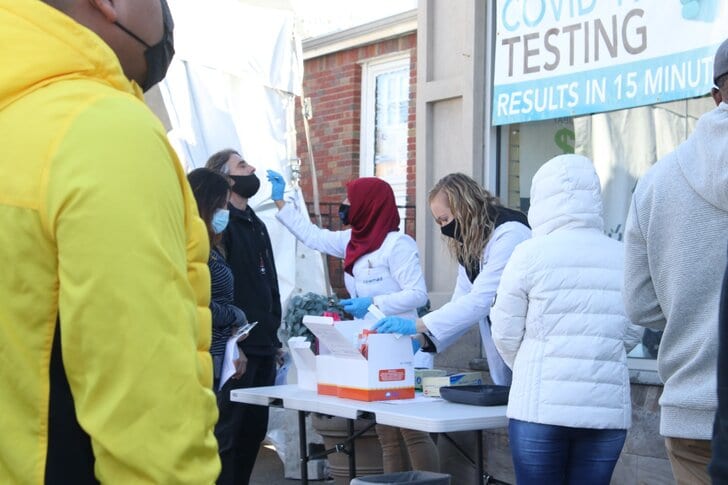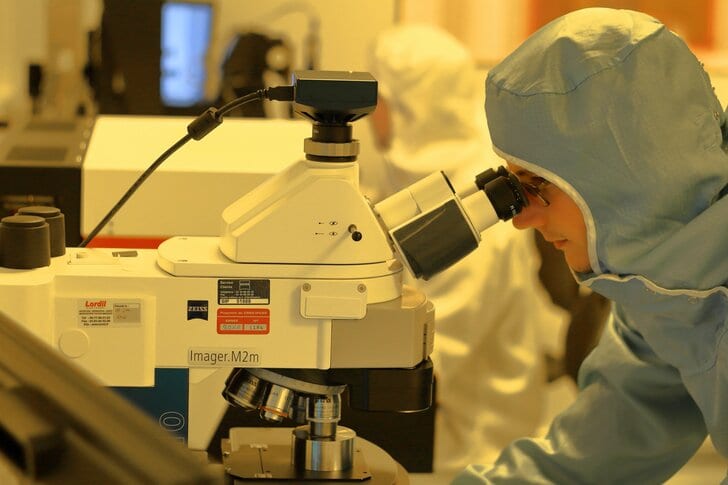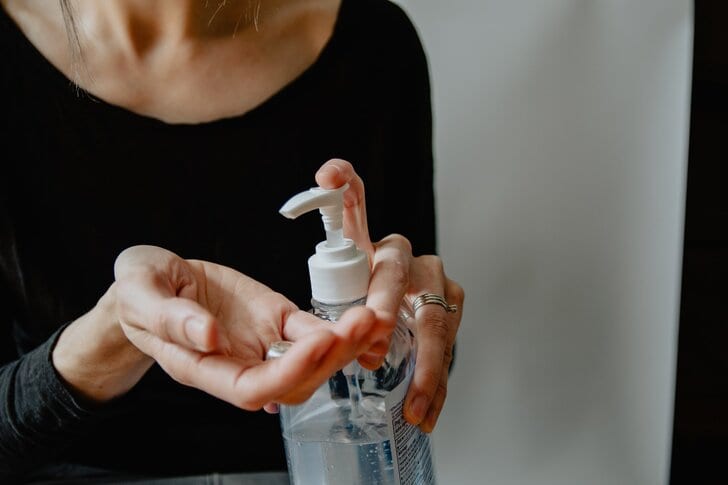The number of COVID-19 cases in the US has been increasing at an alarming rate. But while people are scared of contracting the infection, there’s a new kind of fear looming in the air.
The thought of catching it again haunts people who’ve recently recovered from the disease. What’s seriously scary is that this fear might be justified as several confirmed re-infection cases have already been seen in countries like Hong Kong, Belgium, the Netherlands, and Ecuador.

To put unfounded fears to rest with proven facts, let’s have a look at what doctors have to say about the possibility of re-infection.
Read – When will COVID-19 vaccines be released?
What does a COVID-19 re-infection mean?
‘Re-infection’ quite literally points to the situation where a person recovered from disease becomes infected by the same disease again.
Looking at the re-infection trends from similar viruses over the years, experts say that it’s expected to happen in the case of COVID-19 as well. However, such a re-infection would most likely not be a deadly one, and it would occur after a year or so of being infected the first time.
In the cases of confirmed re-infections, doctors assert that people might have tested positive so soon for a second time because of testing errors. The reports in such cases may indicate false positives or negatives due to contaminated samples, overly sensitive tests, or human errors.

For how long do COVID-19 antibodies last?
According to experts, once infected with the virus, our immune system produces IgM and IgG antibodies within a few days or weeks. But the FDA claims that once such antibodies are created, it’s unclear for how long they stay active to offer immunity against the virus.
To provide clarity, a study was conducted to analyze the antibodies in 185 Coronavirus cases. It was discovered that the immune system remembers the Coronavirus for at least eight months. This suggests that the antibodies might be able to protect many of us from a re-infection for a substantial time.
But then how do some people get re-infected within a short span of recovering from the virus?
To answer that, doctors say that some people get re-infected because they don’t develop a good immune response the first time around, which may be because of their genetic makeup. As such, why a few people catch the infection twice is exactly not clear. However, it’s believed that some people’s low immune memory might be responsible for their increased susceptibility towards a re-infection.

Read – Is anxiety a sign of COVID-19?
Bottom Line
Doctors say that Coronavirus re-infections are possible; however, they seem to be rare at the moment. More studies are still needed to learn more about it. So until things become clear, you should try to avoid being infected or being re-infected. Wear a mask, wash your hands, and practice social distancing, since, as of now, prevention is truly the best cure.
